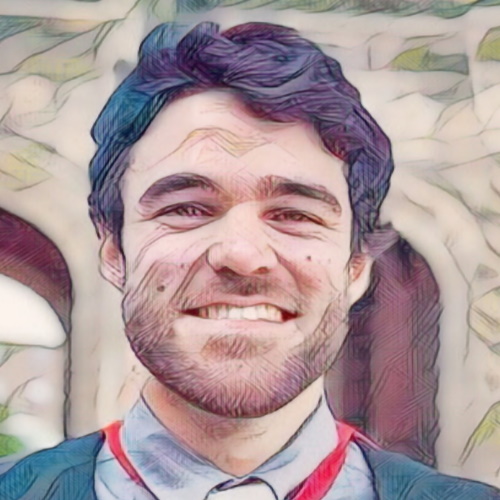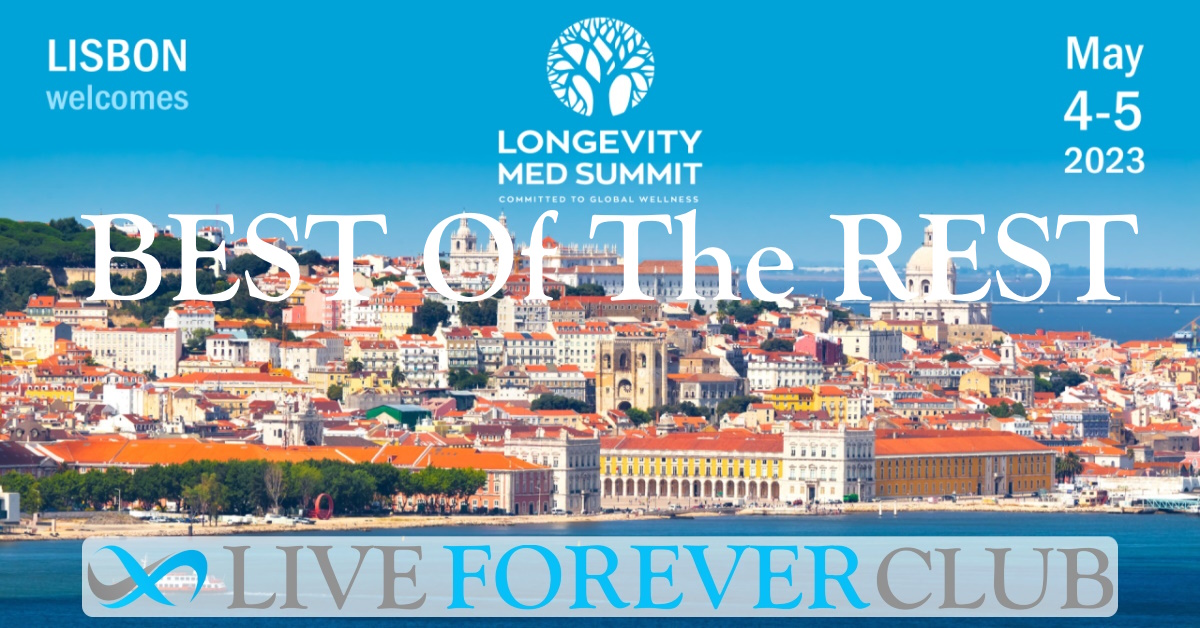The club’s founder, Adrian Cull, attended this year’s Longevity Med Summit in Portugal, to hear first-hand about the latest longevity research and industry activity. We’ve already posted some talk summaries (scroll down!) and here are the key points from the best of the rest. Actually, there were plenty more great talks and interesting points, but unfortunately there wasn’t time to get them all written down.
Cláudia Cavadas - University of Coimbra (CNC
- Hypothalamus is a key regulator of systemic ageing
- Caloric restriction increases Neuropeptide Y (NPY) in hypothalamus
- NPY given to mice results in increased autophagy and improved skin integrity (including collagen content)
- Ameliorates nuclear abnormalities of human progeria cells (become rounder)
- Ghrelin increases progeria mice lifespan
- Primary cilia shape hallmarks of health and ageing
- Every cell as on hair-like protrusion – changes features with age
Evelyne Bischof - Jiatong University
- AI-driven longevity medicine evolution
- AI-enforced, individualized medicine
- Medicine and deep learning
- Generative AI in longevity medicine
- Longevity patient journey = optimizing the individual peak performance by identifying, restoring and maintaining optimal biological age
- Multiple data workflows for anti-ageing research by the ageing clock
- Has a longevity protocol for diagnostics and monitoring
João Pedro de Magalhães - University of Birmingham
- Big data and the science of ageing
- Exponential growth in longevity drugs
- 1,097 compounds found to have an effect on at least one organism
- Predicting longevity drugs with ML
- Rilmenidine may be a new geroprotector
- New epigenetic clock based on noise (rather than specific CpG sites)
Jyothi Devakumar – Healthspan Action Coalition
- Several reports show a massive benefit to the economy of increased life expectancy and healthspan
- Today, only options are mainly supplements and lifestyle changes
- Promising developments include tissue engineering, designer nanoparticles, senolytics, etc.
- Preventative medicine results in decreased incidence of chronic diseases
Nuno Mendonça - Nova Medical School
- mitochondrial malfunction causes disease by triggering several “progeric” signals
- mitochondrial signaling triggers pathology
- mitochondria have various contact sites
- mitochondria and lysosomes coordinate metabolism and environment
Tzipi Strauss - Sheba Medical Center
- Bridging the gap between research, innovation and the clinic
- Vision is for evidence based personalized medicine to promote health, maintain and improve physical, mental and cognitive performance
- Patient journey:
- - Home questionnaire
- - 1st visit = clinic assessments
- - 2nd visit = longevity staff
- - Then longevity follow ups at 3 and 6 months












